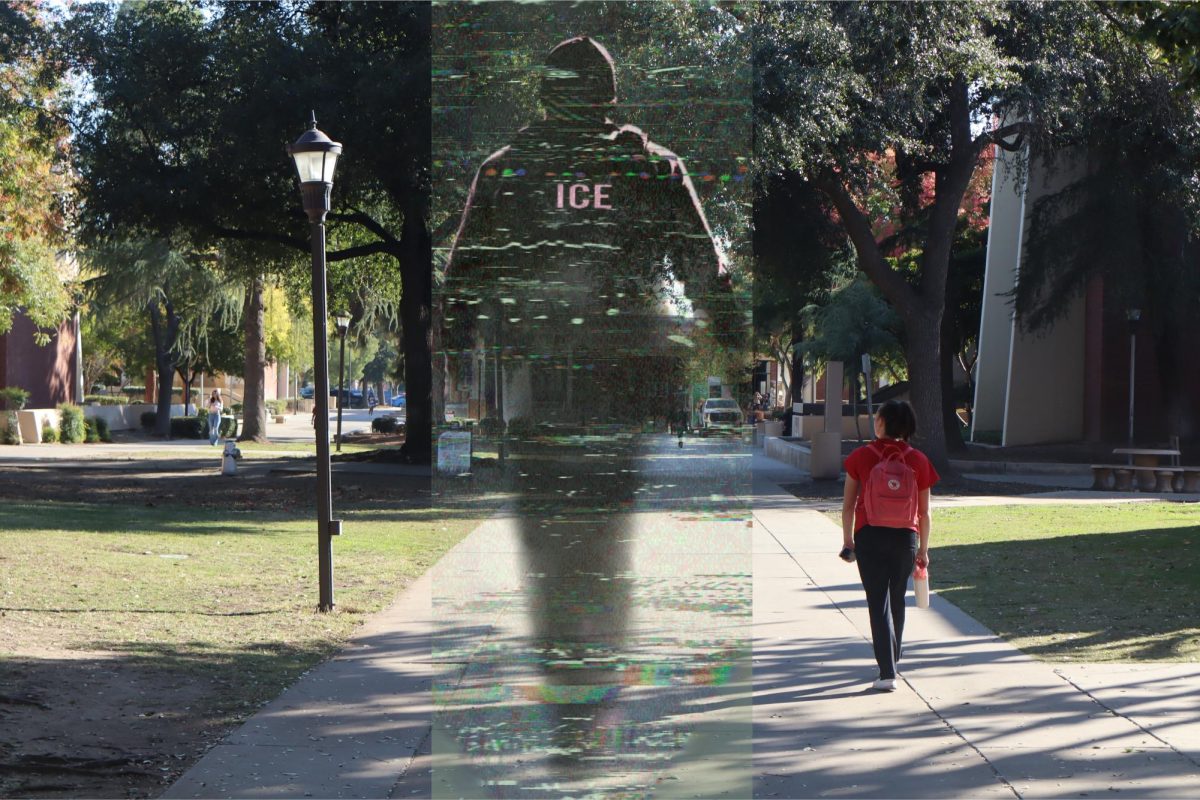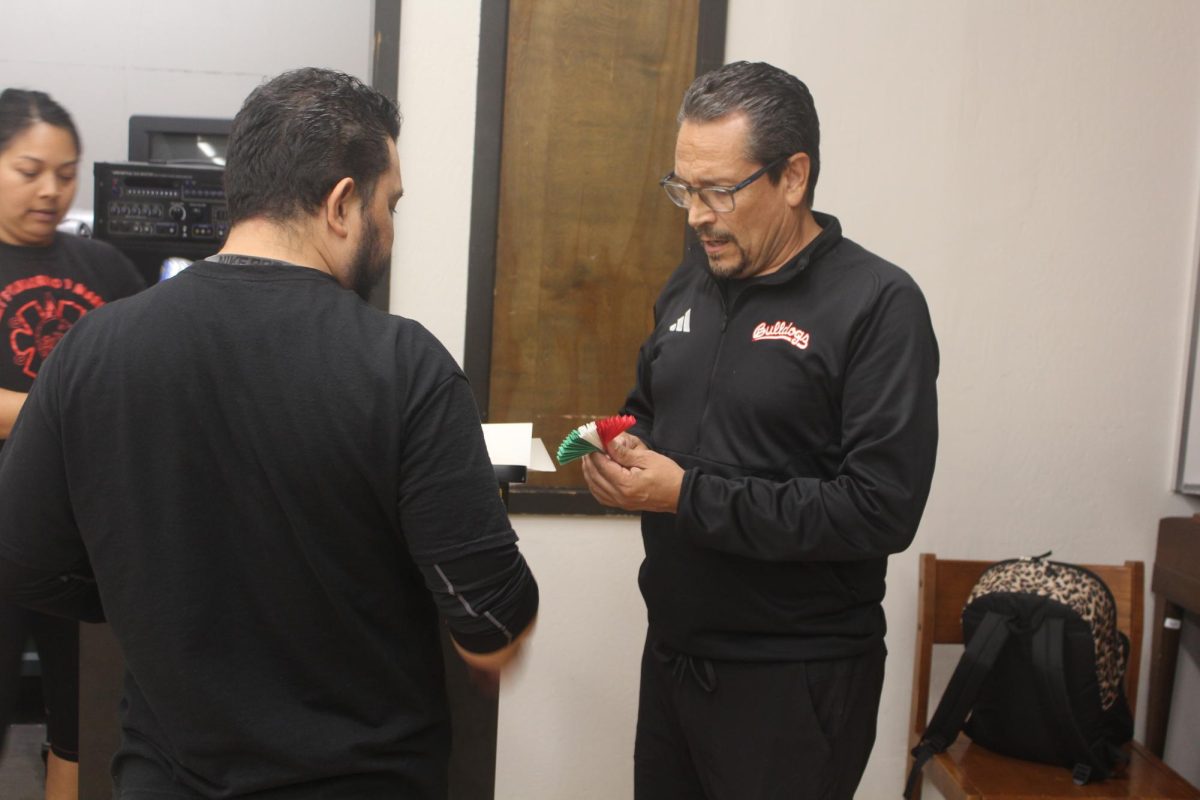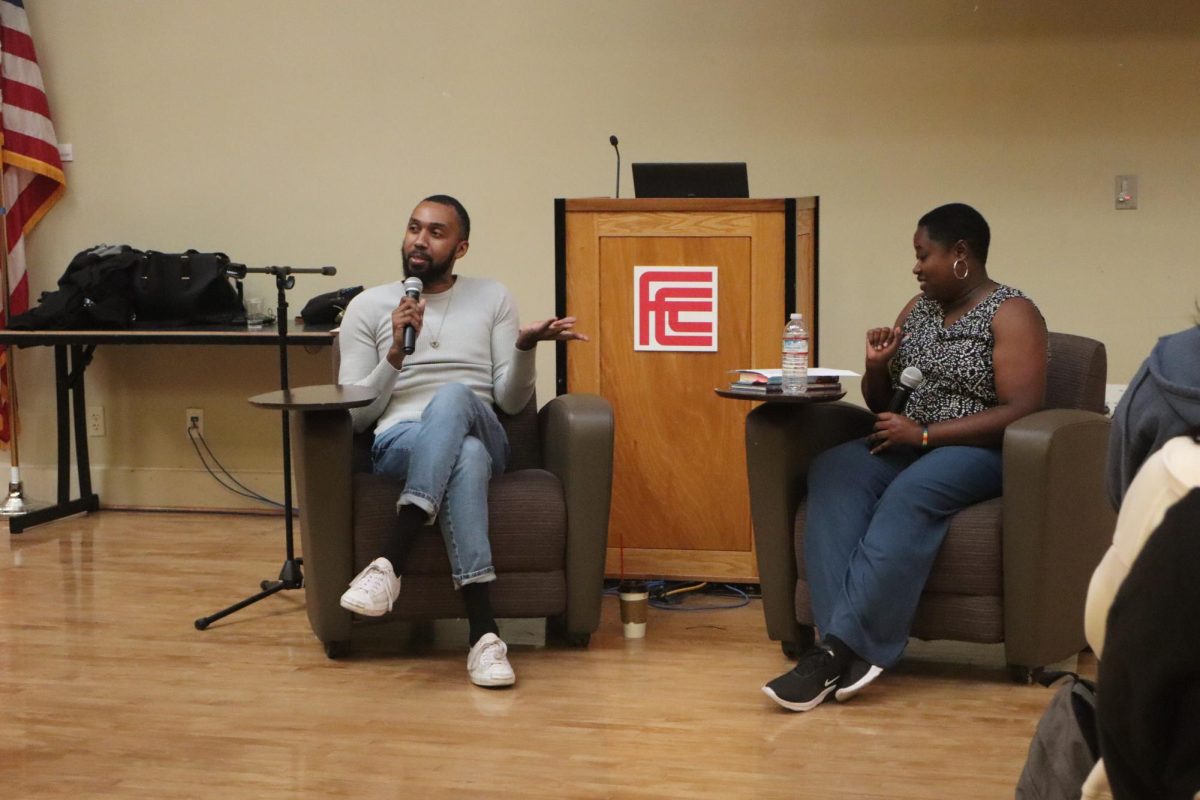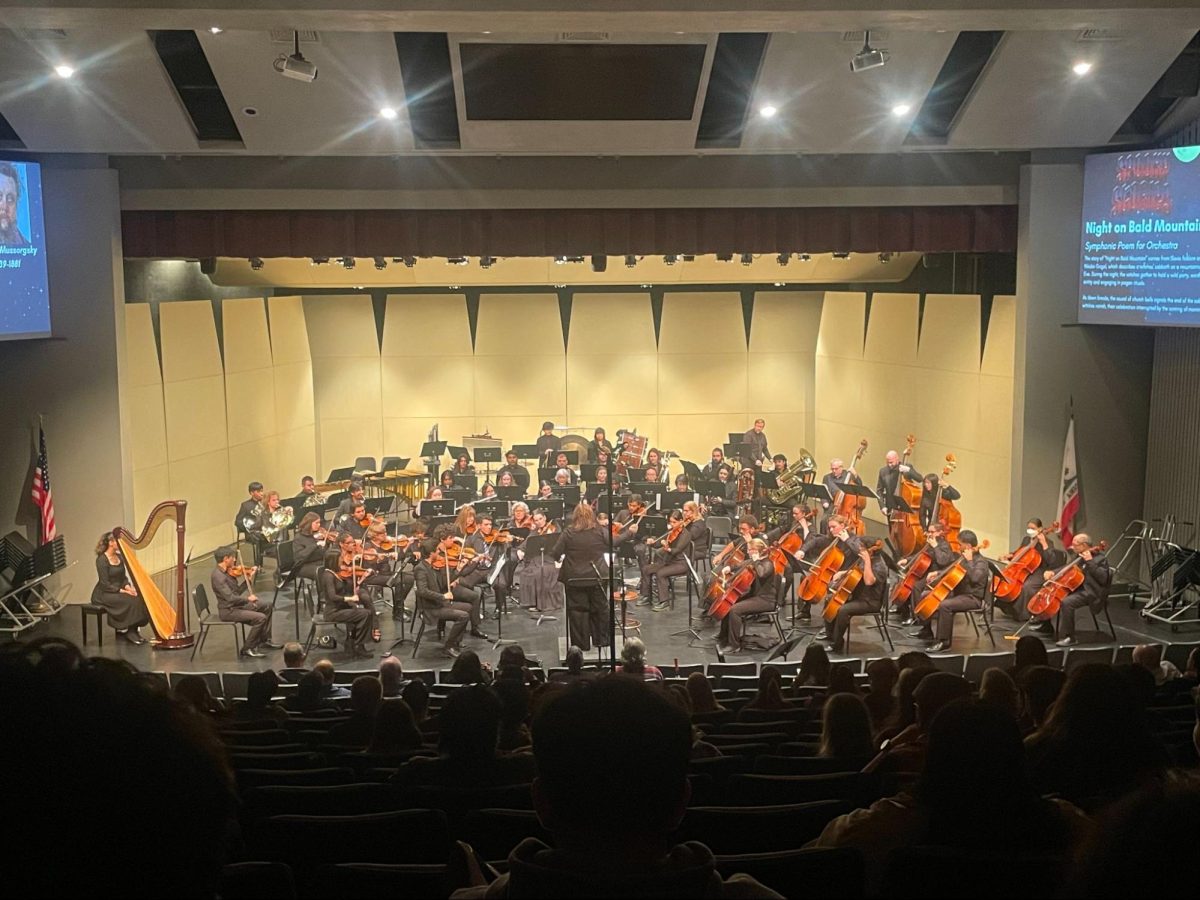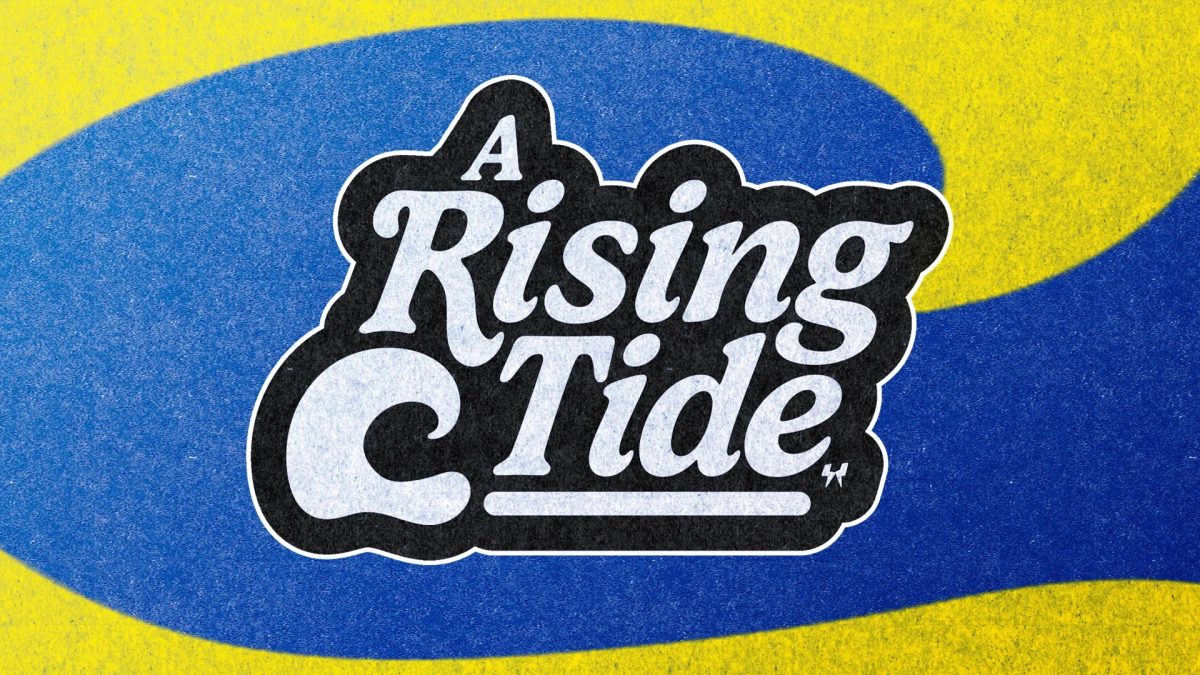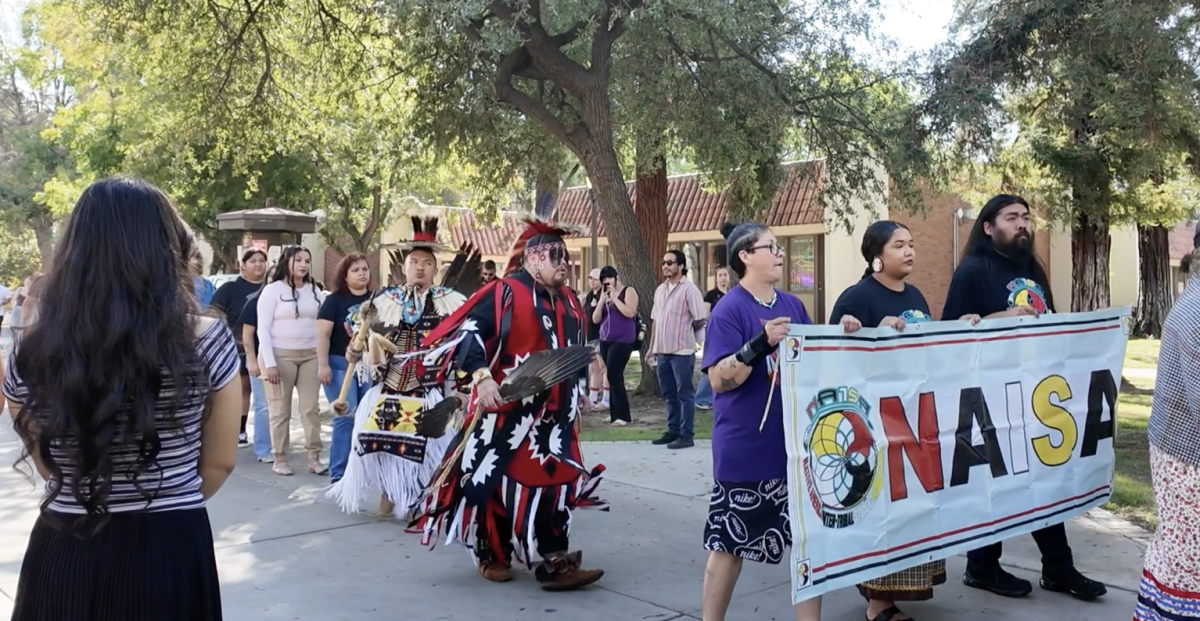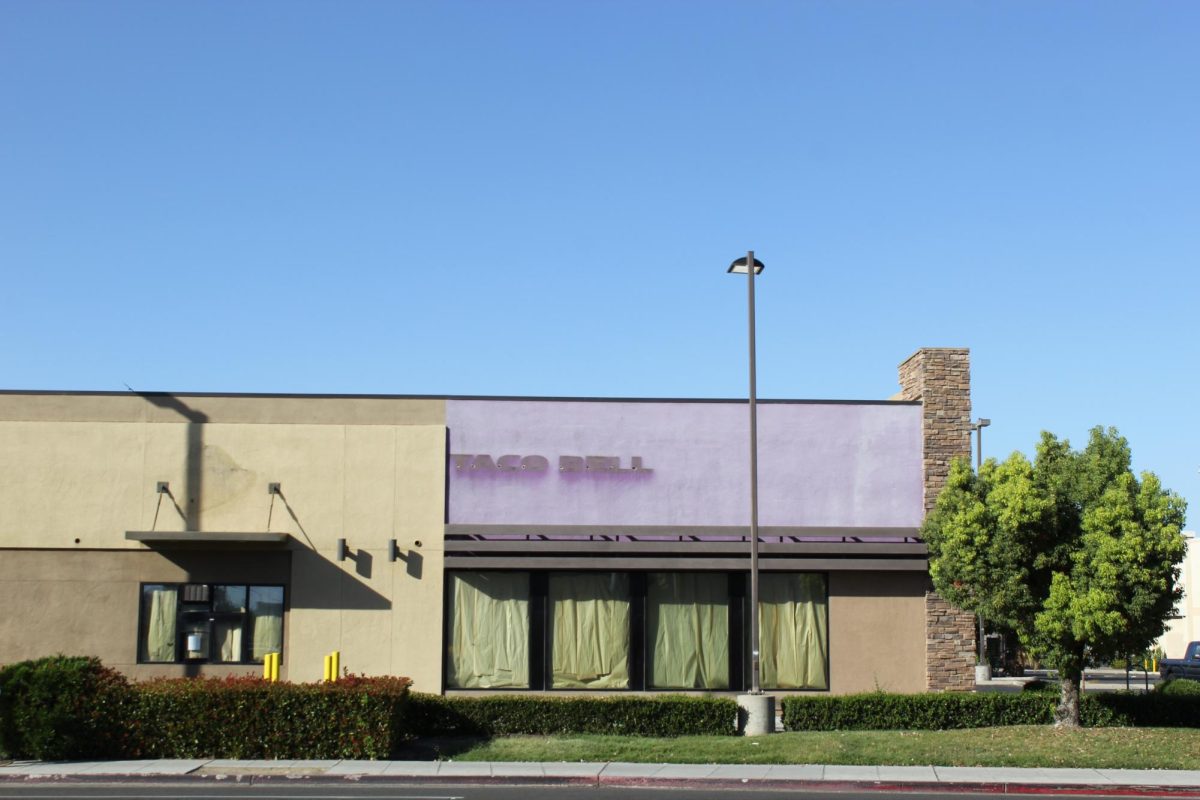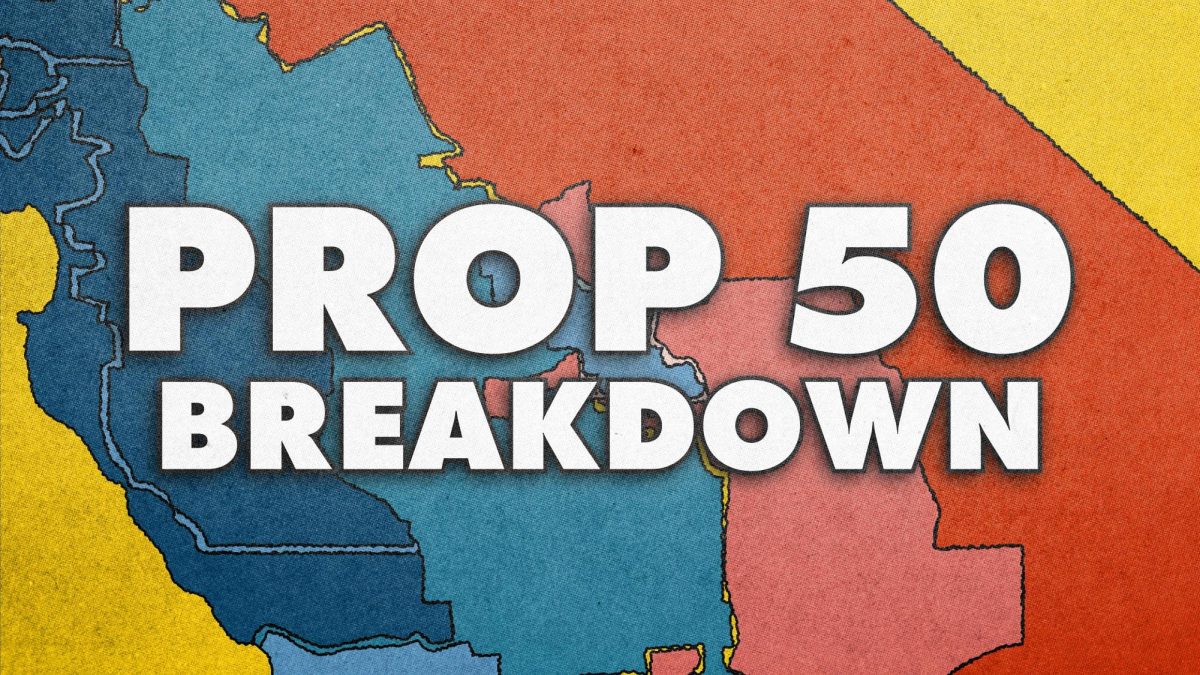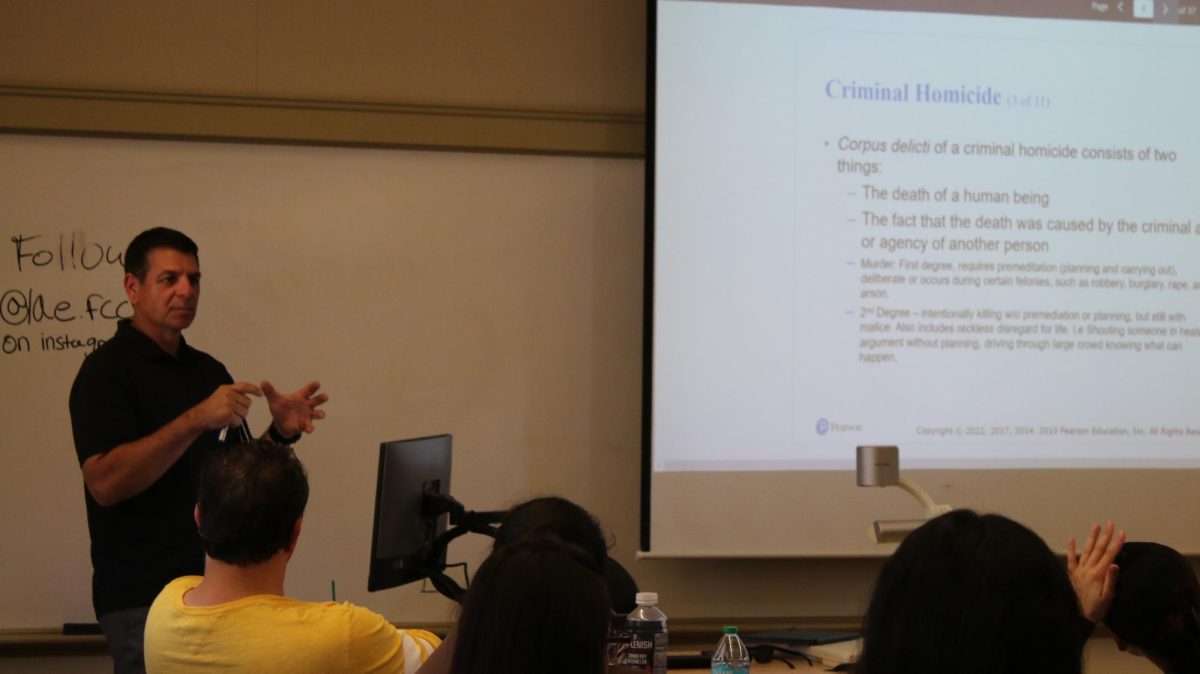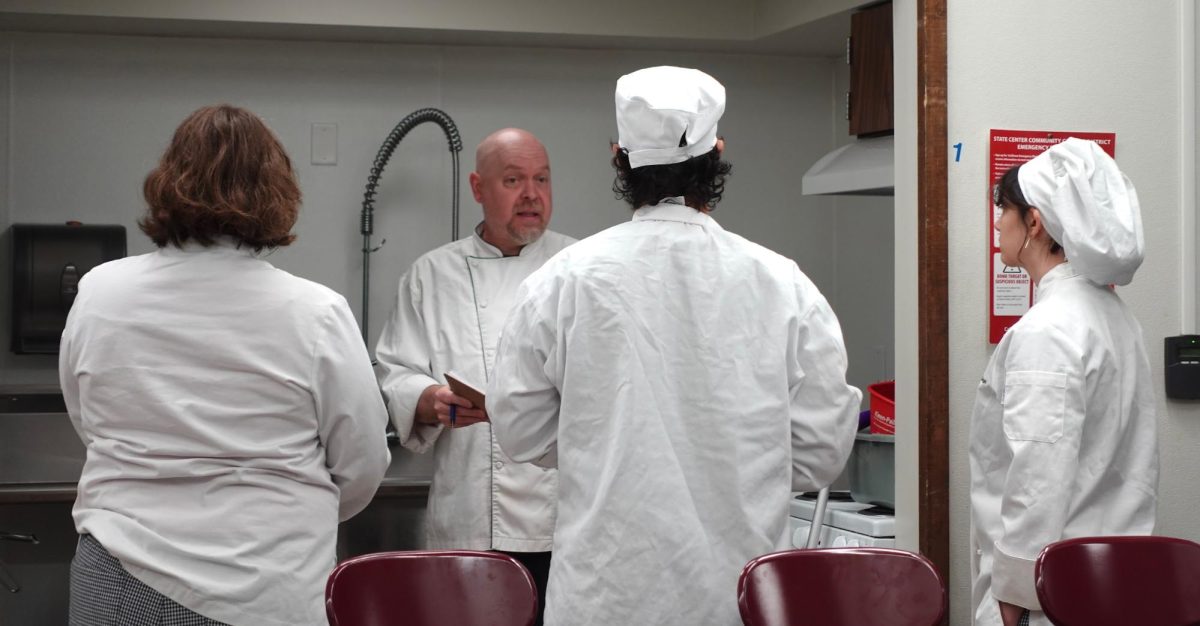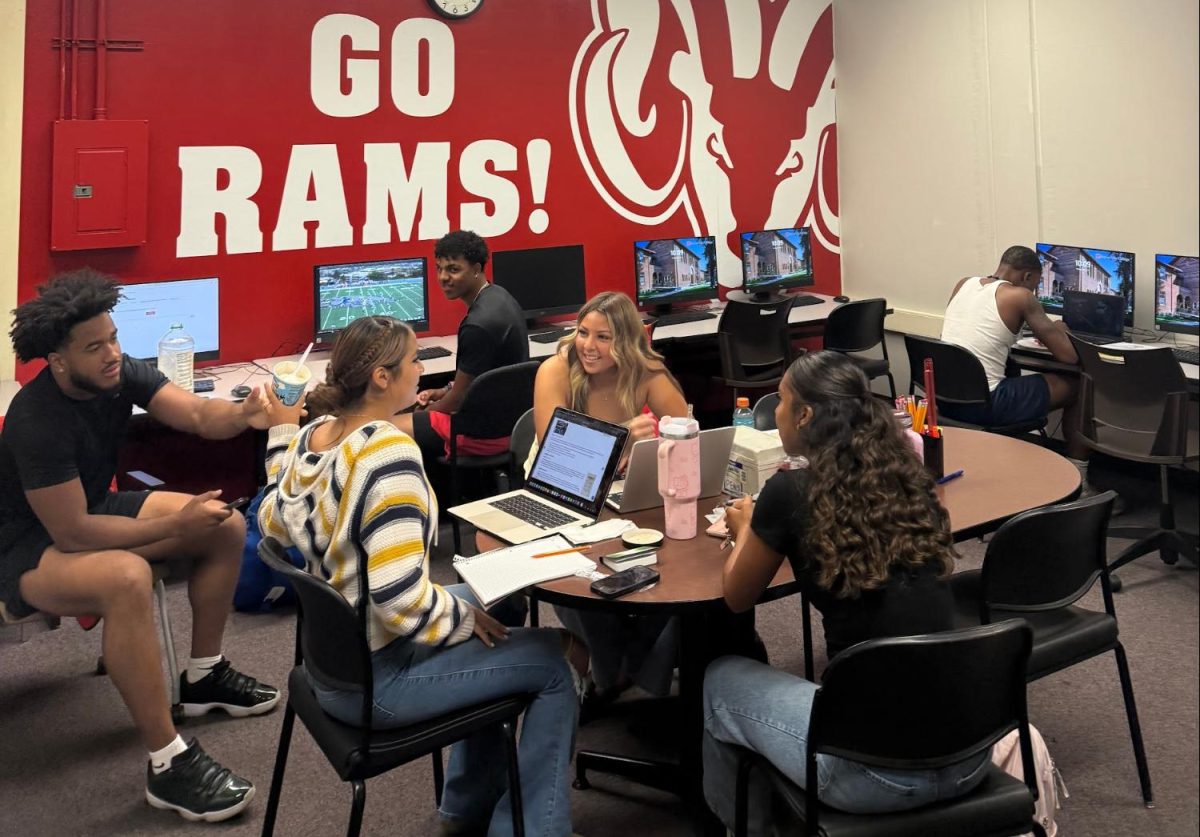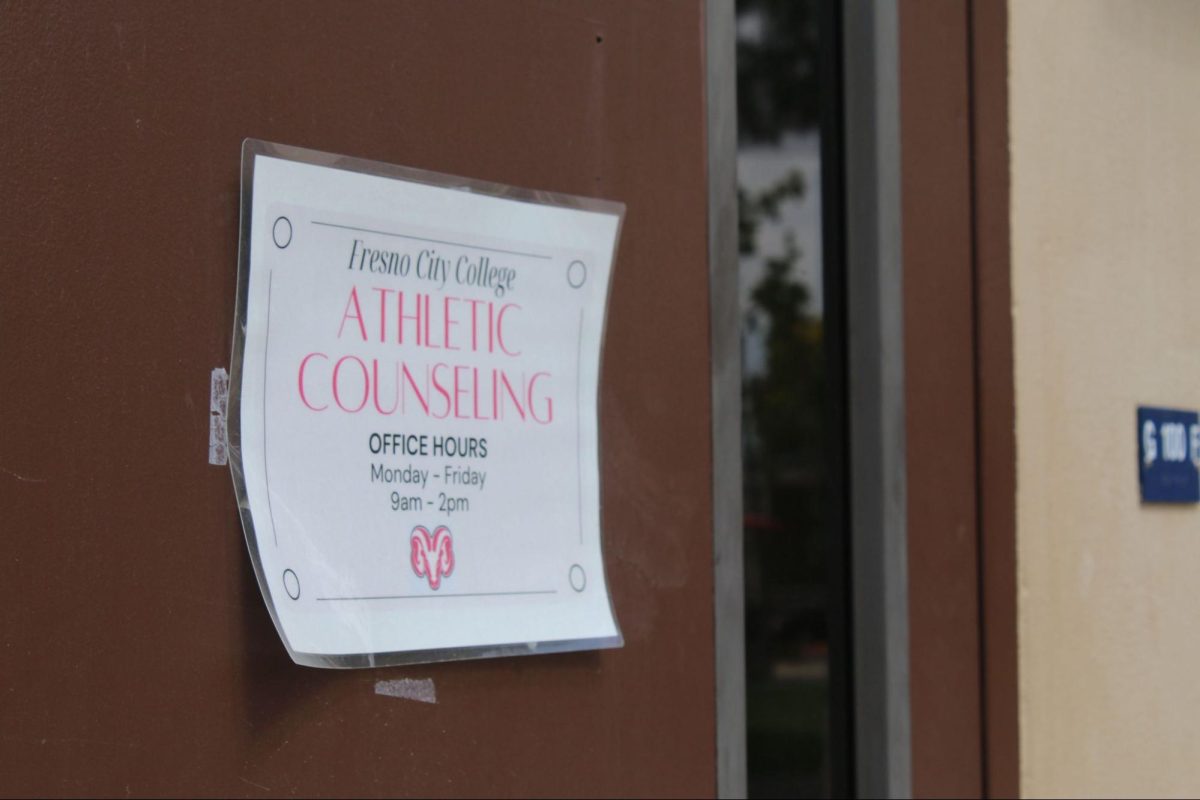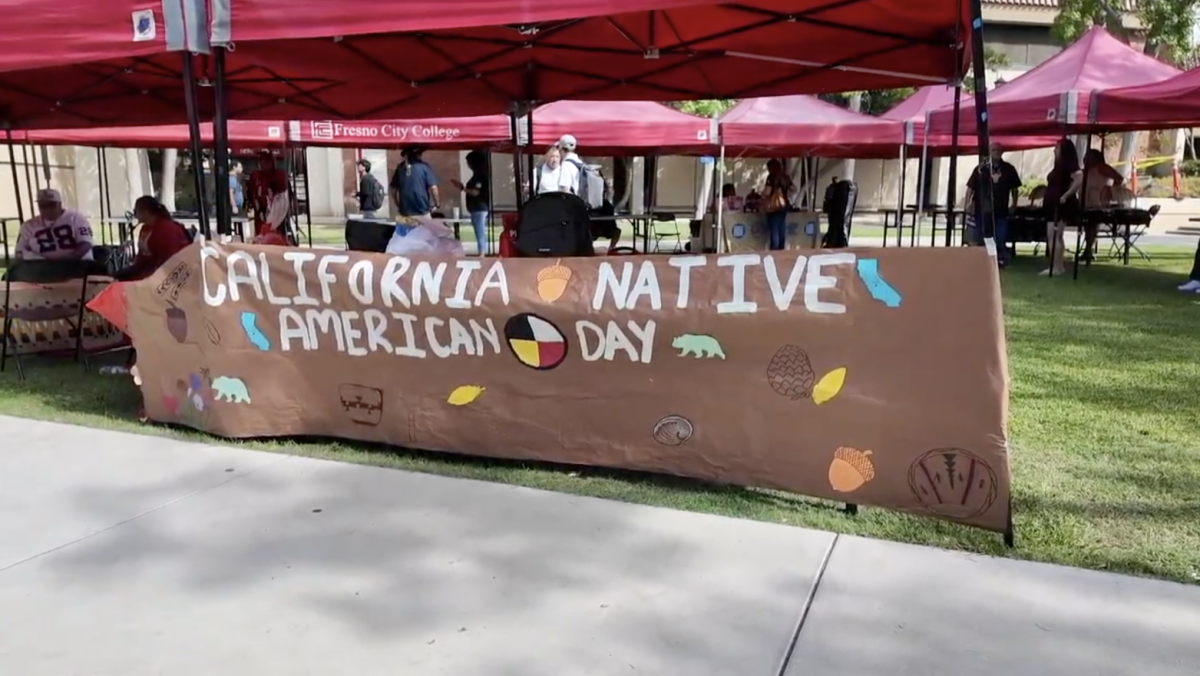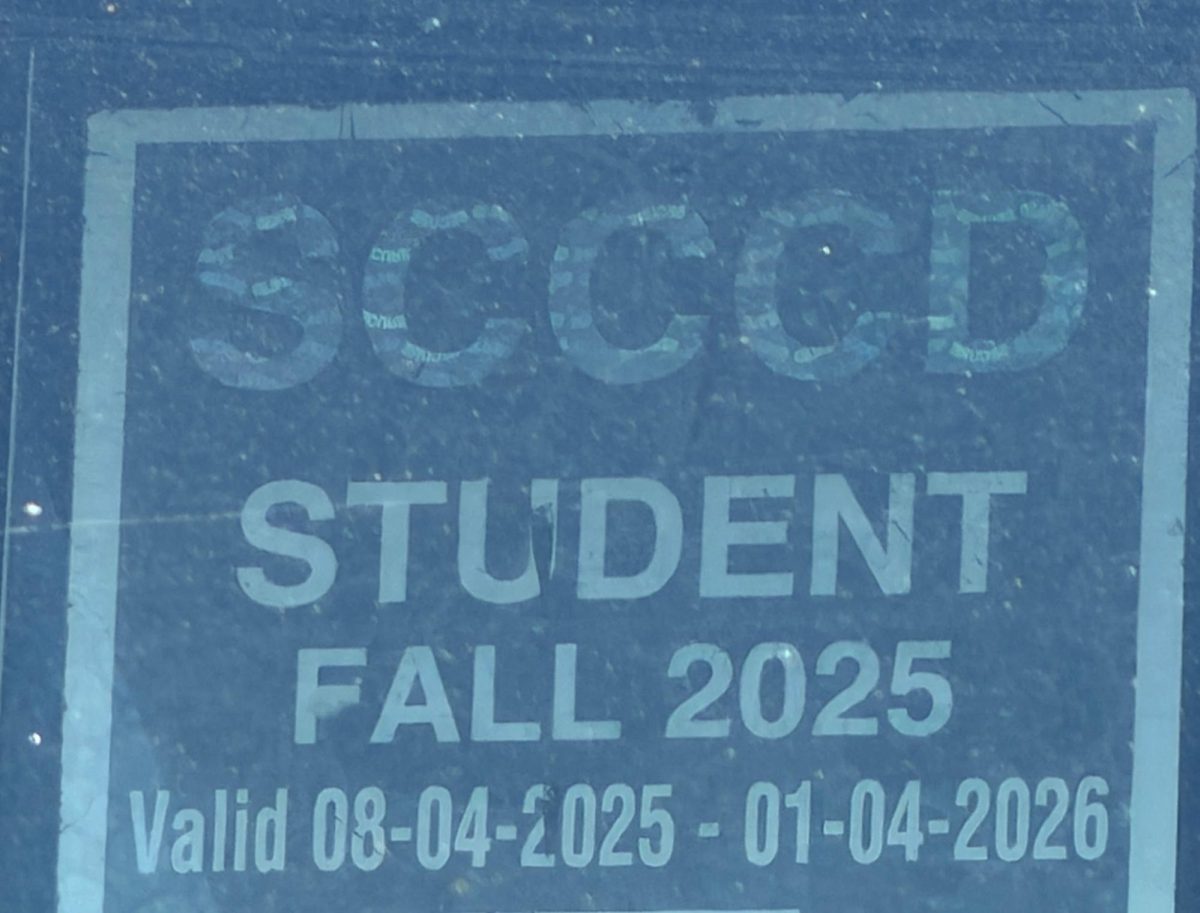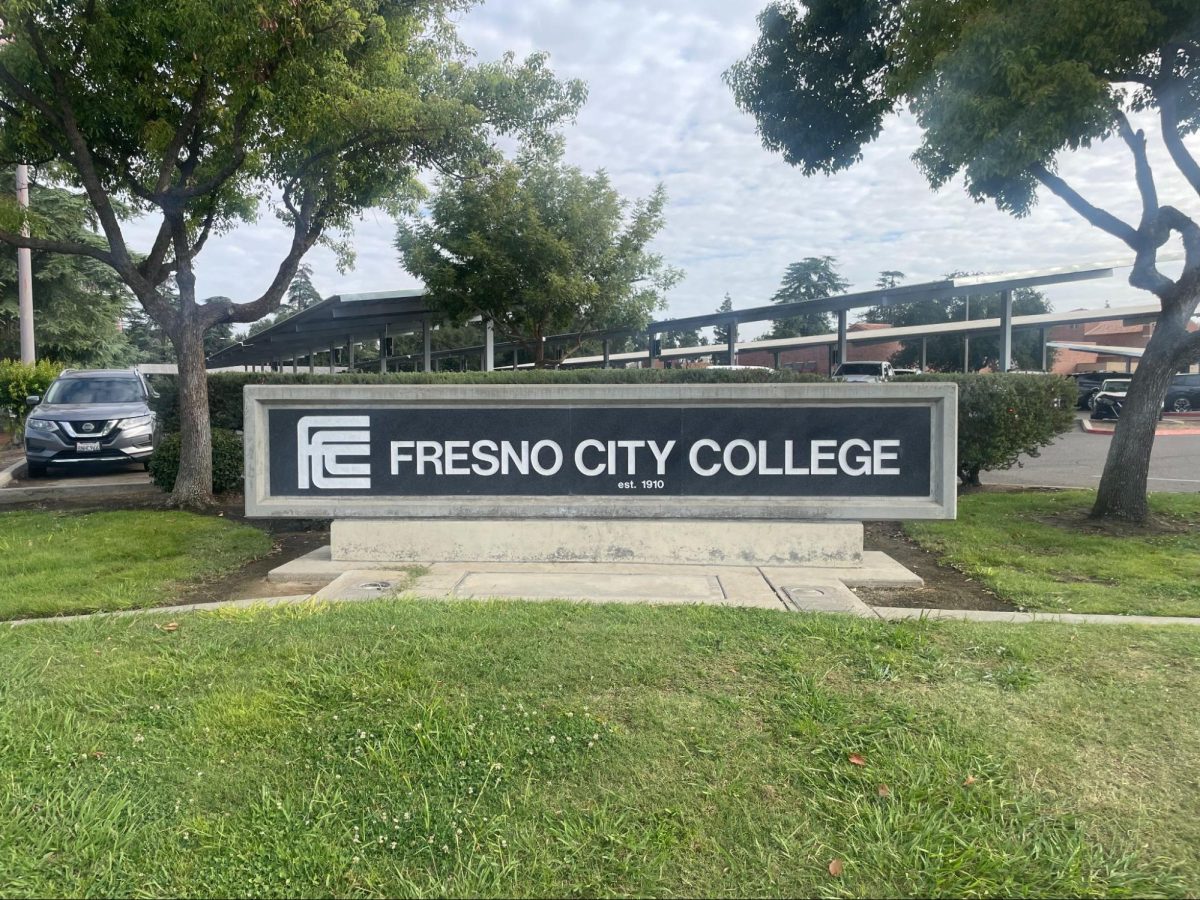A Free College Education For All
November 9, 2016
More than half of students graduating after the spring semester of 2017 will have one thing in common—debt.
According to the Institute for College Access and Success, 55 percent of students in California will graduate with an average debt of more than $21,000 in student loans.
According to the Institute for College Access and Success, 78 percent of college students who attend Fresno State University graduate with an average debt of $12,851.
This puts more than half of college graduates in California at a disadvantage as soon as they graduate. If college was free, students would be able to use that money to start their lives, including putting a down payment on a house or investment in a business. Instead, students are living under the ominous clouds of student loans and living a lower quality of life.
College should be free for every student because no one should owe $21,000 before they can even find a job in the field they earned a college degree.
Instead of using that $20,000 for a down payment on a first home, students often have to resort to renting an apartment instead. As opposed to to buying a new car with that $20,000, students with debt might resort to public transportation or purchase a not-so-nice and not-so-new car.
Not only does charging thousands of dollars for college affect the students who have to pay the loans back, it’s also a burden on our already fragile economy.
According to marketwatch.com, a whopping 40 million Americans owe $1.2 trillion in student loan debt. If college were free for students, they would have extra money to spend and would help local economies as well. Imagine the type of boost our economy would see if those 40 million Americans spent that money on the housing market or the car industry.
Restaurants would have many new patrons, and local businesses could have 40 million new customers. The benefits to our local and national economy are endless.
“We have gained an increasing understanding that how we finance post-secondary education has significant effects on a variety of critical economic outcomes, including economic growth and inequality,” William C. Dudley, the president and CEO of the Federal Reserve Bank of New York said at a student loan data conference earlier this year, according to newyorkfed.org
If college were free for all students, higher education would become more available to disadvantaged students and those affected by poverty. Giving students who normally wouldn’t be able to afford college an opportunity to attend college free of cost should be our responsibility and our top priority as Americans.
We should encourage our representatives and lawmakers on the local, state and federal levels to pass laws which would forgive and wipe out student loan debt.
In addition, we should ask our lawmakers to pass legislation which reduces the cost of higher education for the benefit of our economy and for a more educated society.


